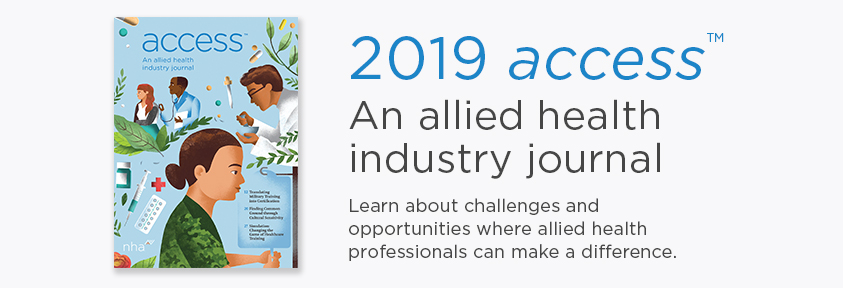In an increasingly diverse population, healthcare providers continue to face unique situations where culture intersects with healthcare delivery and often impacts outcomes. With a new focus on improving providers’ cultural competence, healthcare systems are deploying educational programs to elevate healthcare professionals’ abilities to connect with patients in a meaningful way, regardless of culture.
Benefits of cultural sensitivity training
The primary goal of improving cultural competence among healthcare teams is to better understand and serve patients. However, the impact that cultural sensitivity education can have extends beyond the patient themselves:
- Soft skills training can help healthcare employees in their professional and personal lives. Nursing consultant Beth Boynton, RN, MS, calls out their ability to recognize and respect their own limitations and needs, improve confidence and provide more effective leadership, as some examples.
- Cultural competence can help lower readmissions. Readmission is an issue many hospitals are facing, and eventually, reimbursement for readmissions is lost. When patients have a more trusting relationship with their provider, they are more likely to adhere to medication and treatment, which leads to better health for the patient and less financial burden to hospitals and taxpayers.
- Cultural sensitivity education can improve internal company culture. “Behavior is contagious,” says Lisette Martinez, MBA, Chief Diversity & Inclusion Officer at Yale New Haven Health. “When you have folks really believing in this work, it helps shape the whole health system.” For this reason her team has set “standards of professional behavior,” that help them not only to understand and communicate with patients, but also with other employees.
Demonstrating value from cultural sensitivity training investments
Greater understanding due to cultural sensitivity leads to better outcomes for healthcare organizations, the providers that work for them, and the patients they serve. According to Boynton, these outcomes may be measured in:
- improved patient experience scores/decreased complaints
- increased identification of diversity-specific healthcare concerns
- increased diversity in the workforce
- decreases in errors, incident reports and liability costs
- decreases in workforce injuries
- improved retention and recruitment of quality staff
There's no doubt that having a culturally sensitive staff can impact care. When your team invests in improvement strategies, you can measure your progress over time, showing you where you're succeeding and where you have room to improve.




